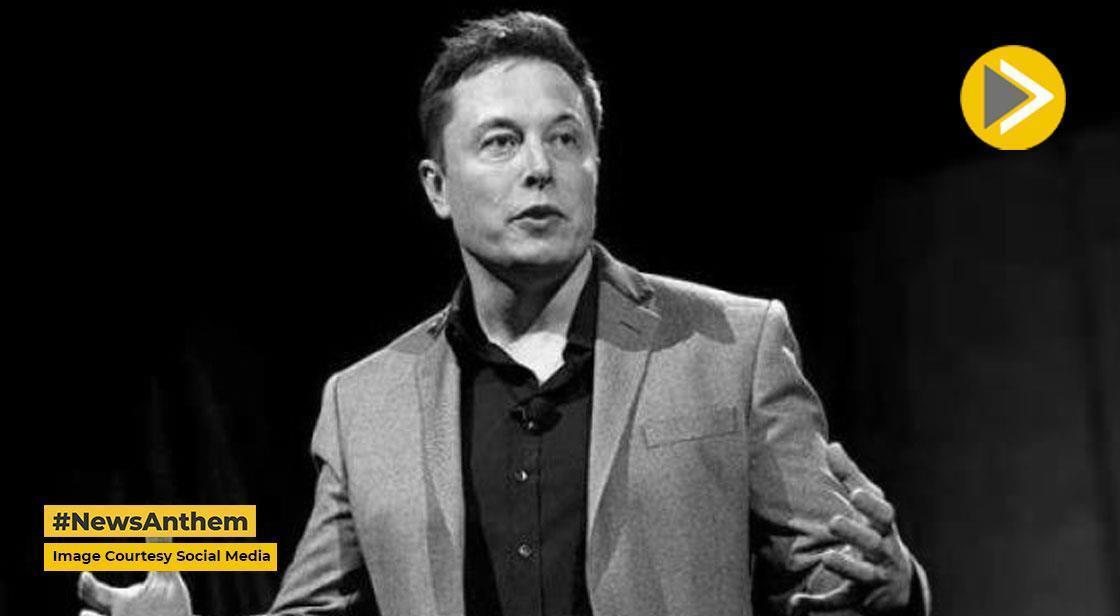Elon Musk’s xAI files lawsuit against Apple and OpenAI over alleged AI monopoly, seeks billions in damages

News Synopsis
The artificial intelligence industry has been rocked by a major legal battle as Elon Musk’s AI startup, xAI, has filed a federal lawsuit against Apple and OpenAI. The case, filed in Texas, alleges that the two tech giants conspired to create an illegal monopoly in the AI market, locking out competitors and stifling innovation. At the center of the dispute is Apple’s exclusive integration of OpenAI’s chatbot into its ecosystem, which Musk claims unfairly disadvantages rival AI platforms like his own Grok.
The Lawsuit: Allegations Against Apple and OpenAI
According to court filings, xAI argues that Apple’s decision to embed OpenAI’s chatbot directly into its smartphone operating systems constitutes an anti-competitive agreement. The lawsuit states that this move has given OpenAI an unfair edge in distribution through the App Store, depriving other chatbot developers of growth opportunities.
The suit further accuses the companies of “locking up markets” to protect their dominance. Apple is said to hold a 65% share of the U.S. smartphone market, while OpenAI allegedly commands 80% of the generative AI chatbot market. Together, Musk claims, the two have created conditions that prevent competition and reduce innovation.
Billions in Damages Sought
Musk’s xAI is seeking billions of dollars in damages, arguing that the Apple–OpenAI partnership has no valid business justification beyond restricting market access for rivals. The lawsuit suggests that Apple’s arrangement has effectively boosted OpenAI’s ChatGPT by default, while excluding competing AI apps from equal visibility and scale.
By channeling millions of Apple users’ prompts and activity exclusively to OpenAI, the filing claims, Apple has essentially handed over a massive data advantage that further entrenches OpenAI’s dominance.
Market Foreclosure and Reduced Innovation
At the heart of xAI’s complaint is the idea that Apple and OpenAI have foreclosed competition in the generative AI chatbot space. By restricting rival apps, Musk argues, Apple and OpenAI have limited consumer choice, lowered quality, and slowed innovation.
The lawsuit paints this as an intentional effort to preserve monopolistic control—with Apple benefiting through iPhone sales tied to exclusive features, and OpenAI cementing its lead in chatbot adoption.
Musk’s Public Criticism
Elon Musk also took to his platform X to voice frustrations, claiming Apple deliberately refuses to promote his chatbot, Grok, despite its high ratings. He wrote, “A million reviews with 4.9 average for @Grok and still Apple refuses to mention Grok on any lists.”
This public criticism echoes the lawsuit’s central claim: that Apple is unfairly using its gatekeeping role in the App Store to suppress competition.
OpenAI Responds to the Claims
In response to the lawsuit, an OpenAI spokesperson dismissed the claims, describing the filing as “consistent with Mr. Musk’s ongoing pattern of harassment.” The company has long been at odds with Musk, who co-founded OpenAI in 2015 before parting ways with CEO Sam Altman amid disagreements over its mission and profit-driven pivot.
Bitter Rivalry Between Musk and Altman
The lawsuit also highlights the deepening rift between Musk and Sam Altman. While Musk insists that OpenAI strayed from its original non-profit mission, Altman has steered the company into lucrative partnerships—including its close integration with Apple.
Musk, meanwhile, has launched xAI and rolled out Grok, positioning it as a direct competitor to ChatGPT. The rivalry has intensified as Musk pushes back against what he calls Big Tech monopolies.
Apple’s Defense and Industry Context
Apple, for its part, has consistently defended its App Store policies, arguing that its marketplace is “fair and free of bias.” The company points out that competitors like Perplexity and DeepSeek have topped App Store charts, showing that ChatGPT’s success is not guaranteed.
Additionally, reports suggest that Apple has also explored partnerships beyond OpenAI, including discussions with Google to integrate its Gemini chatbot into Siri. These moves could potentially weaken Musk’s monopoly claims.
Expert Opinions on Antitrust Implications
Some antitrust experts believe Musk’s case could gain traction due to Apple’s dominant position in the smartphone sector. If regulators see the Apple–OpenAI partnership as an attempt to tie iPhone sales with exclusive AI services, it could strengthen arguments that the deal violates U.S. competition laws.
Still, the legal battle is expected to be drawn out, with Apple and OpenAI likely to defend their collaboration as pro-consumer and innovation-friendly.
Conclusion
The lawsuit marks one of the most high-profile antitrust showdowns in the AI industry, setting up a fierce legal fight between Elon Musk’s xAI and tech giants Apple and OpenAI. The outcome could reshape how AI tools are integrated into consumer devices and determine whether exclusive partnerships will continue to define the future of artificial intelligence.
You May Like









